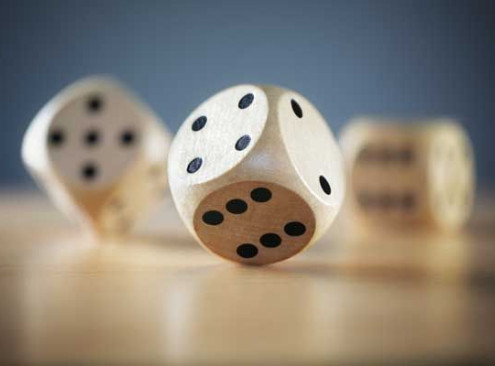
- This event has passed.
[Pint of Science] The importance of coincidences in science by Olivier LOMBARD and Simon MARCELIN (EMMAH)

Date and time : 13 May 2024, Starts: 19:00 // Ends: 21:30
Location: Le Gambrinus, 62 Rue Carreterie 84000, Avignon
You know those phrases: "It can't be a coincidence", or "Coincidence? I don't think so...", whether they're serious or sarcastic, they're always embarrassing. Our brains don't handle this well. After all, what if it were true? It turns out that science has something to say about coincidences, and sometimes they're more useful than we think! We'll see tonight.
Do you believe in coincidence?
Olivier LOMBARD (Senior Lecturer at theUMR EMMAH)
Using examples from popular culture, we'll start by looking at some surprising, even extravagant coincidences, to get a clear idea of the problem with coincidence. In fact, most fake science is based on the famous confusion between correlation and causation (which we will explain), to make us believe that there is more to the story than meets the eye. The first thing is not to be fooled!
Coincidences, what science has to say
Simon MARCELIN (Senior Lecturer at theUMR EMMAH)
We'll then see that, fortunately, coincidence can be much more than mere chance - and that's the difficulty of the scientific approach! How do we know? In contrast to the previous section, with examples from scientific culture, we will see that certain coincidences have proved decisive in the past, to the point of changing the course of scientific history. So sometimes it's not 'just' a coincidence.